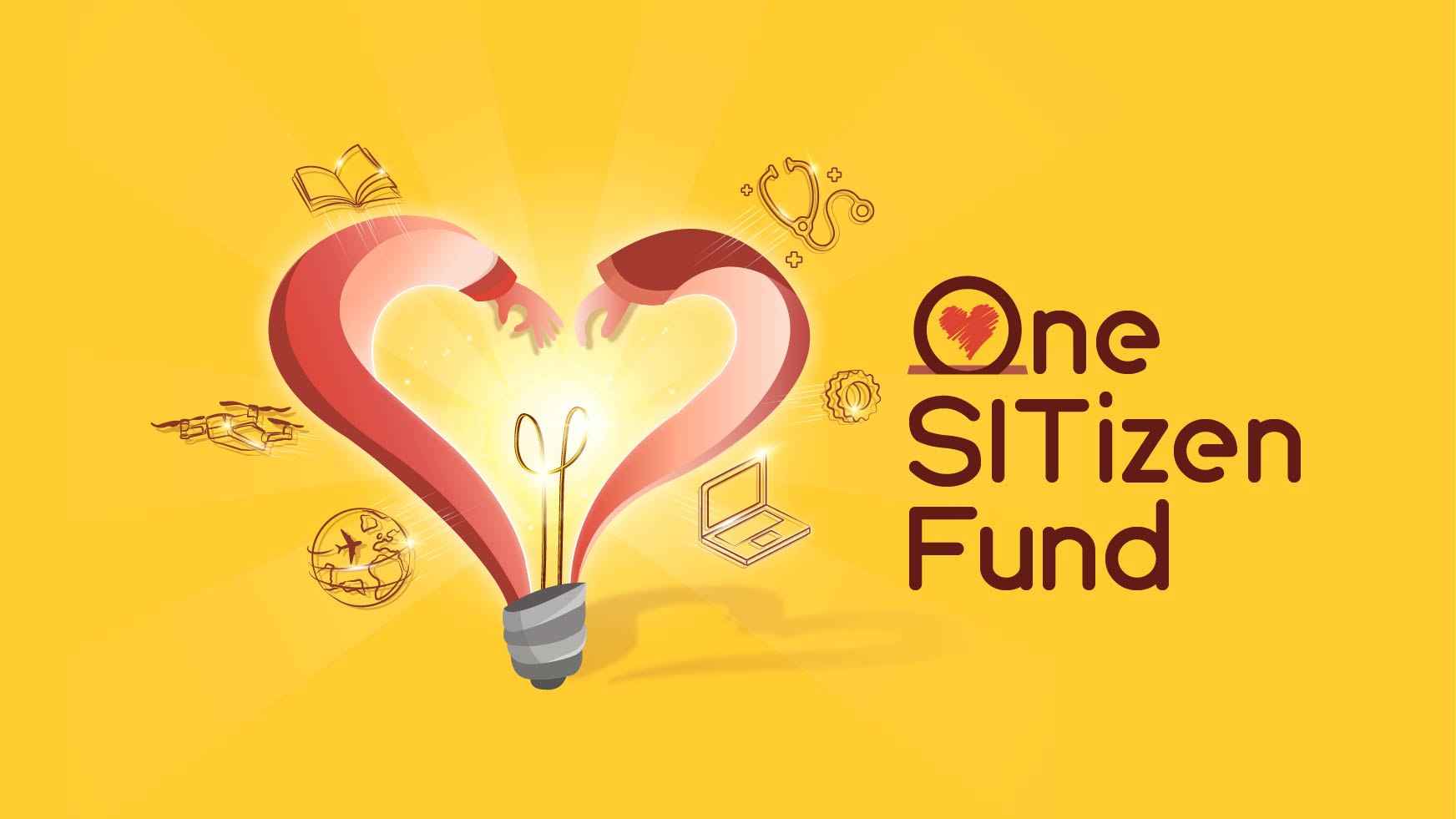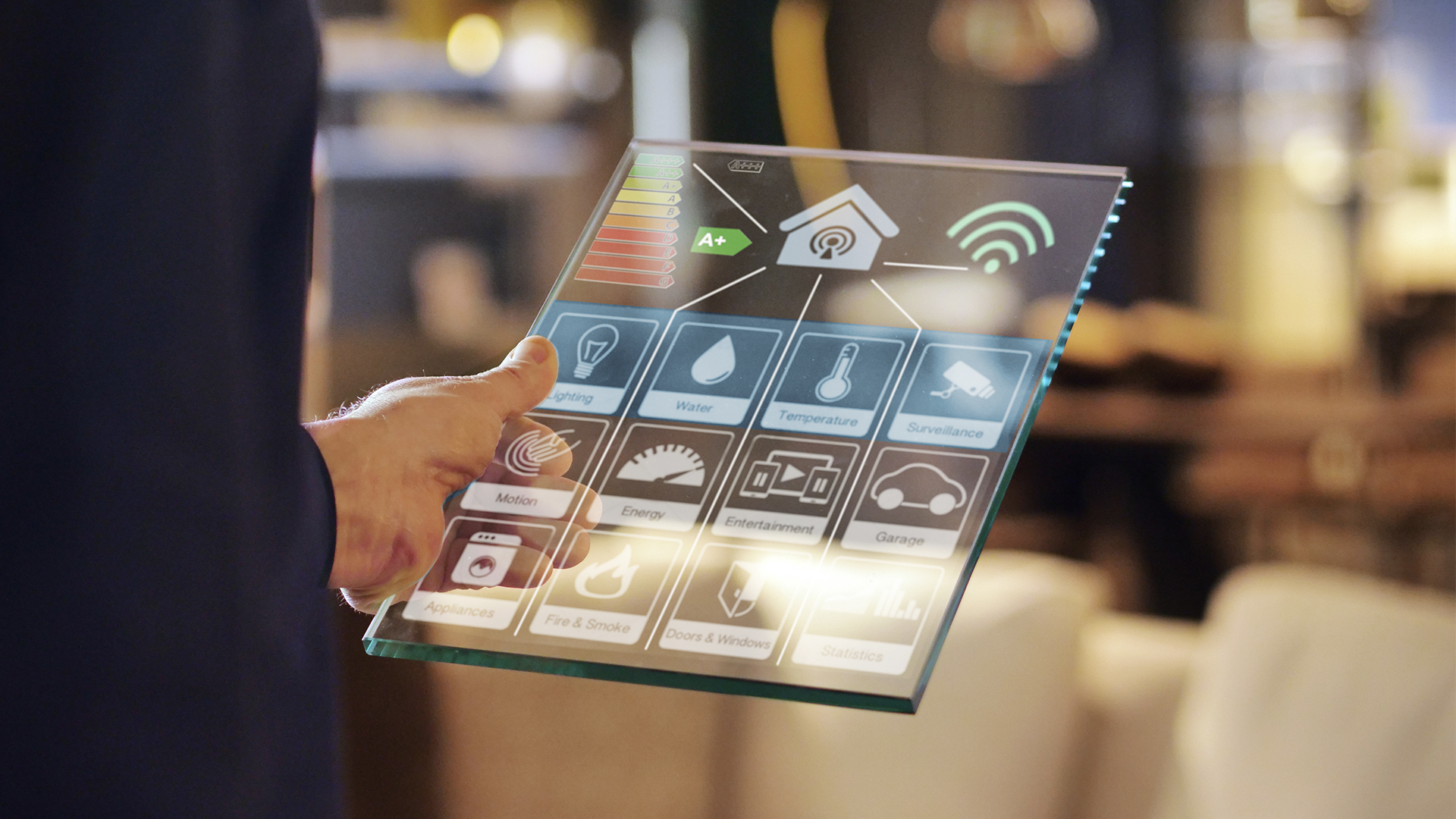
The Bachelor of Engineering (Honours) in Infrastructure and Systems Engineering [via the Competency-based Stackable Micro-credential (CSM) Pathway] is a four-year direct honours programme offered by SIT. This programme is designed to provide an upgrading pathway for in-employment individuals.
The programme will equip learners with strong technical expertise in mechanical engineering, addressing industry demands for engineers adept in technology adoption to enhance design, productivity, and efficiency across sectors like transportation, logistics, and engineering services.
Learners will acquire essential competencies in areas such as data analytics, operational excellence, engineering design and solutioning, robotics and automation, smart maintenance, as well as railway technologies.
This new CSM pathway comprises six components: engineering experience modules, university-level requirements and engineering ethics component, micro-credentials, unrestricted electives, a workforce essentials component, and a capstone project.
Each micro-credential is designed to be self-contained and vertically integrated, allowing learners to master a block of competencies through real-life engineering applications and innovation projects.
To minimise disruption to the learner’s work, the micro-credentials will be delivered via a combination of asynchronous and synchronous modes. Selected practical sessions, laboratory sessions, and assessments will be conducted face-to-face. This will provide learners the flexibility to personalise their learning journey as needed for work and personal aspirations while managing multiple commitments.
Upon completion of each micro-credential, learners will be awarded a Specialist Certificate.
Competency-based Education
This programme is predominantly delivered through a competency-based education (CBE) approach where learners acquire and demonstrate mastery of knowledge and skills that are directly relevant to job functions. Each learner will be provided with a personalised academic experience, giving them the flexibility to progress at their own pace.
With the support of dedicated instructors and the use of learning analytics, learners will be guided to the desired level of competency mastery. This prepares them to be industry-ready and allows them to apply their newly acquired competencies to their work.
Recognition of Prior Learning
In addition, this programme recognises a learner’s prior learning, such as industry certifications or competencies acquired from work. This allows learners to be given credit or exemptions for knowledge and skills they have previously acquired, further personalising the learning experience for them.
Coaching for Success
To enhance learning in the programme, a team of qualified success coaches, alongside SIT instructors, will provide dedicated support to learners throughout their learning journey. These success coaches work closely with each learner to develop personalised academic goal-setting plans tailored to their individual needs.
Through the success coaches, learners will gain access to a wide range of resources and additional support services, empowering them with the necessary tools to navigate their academic journey successfully. The success coaches also partner with programme instructors to monitor and pace learners, providing encouragement and celebrating with learners as they journey through different milestones.
Programme Components
- Engineering Experience Modules (50 credits)
- A set of foundational modules that teaches learners practical engineering skills. Learners will be engaged in interactive, hands-on learning, problem-solving, and critical thinking.
- University-Level Requirements and Engineering Ethics (18 credits)
-
Opportunities to gain transferable skills such as communication and design thinking, as well as concepts and practices of engineering ethics, which are critical to the engineering profession.
-
- Micro-credentials (18 credits each)
- Two (2) Engineering micro-credentials covering data analytics and operational excellence.
- Two (2) Programme micro-credentials covering the necessary fundamental knowledge and skills for engineering majors.
- Two (2) Programme Elective micro-credentials providing specific knowledge and skills for targeted industries such as public transport, logistics, engineering services, and more.
- Unrestricted Electives (18 credits)
- Unrestricted Electives allow learners to choose either a micro-credential or a set of modules from any cluster to broaden their learning.
- Workforce Essentials (30 credits)
- Career Catalyst – Opportunities to acquire competencies in effective communication, career development, and agile learning. Learners may be allowed to gain credit recognition if they possess and demonstrate the competencies in this competency unit.
- Relevant Industry Work Experience – Opportunities to demonstrate readiness in the industry at the workplace. Learners with relevant work experience may be allowed to gain credit recognition for this competency unit.
- Capstone Project (16 credits)
- Major integrative element of undergraduate learning to demonstrate capability in solving an industry-relevant complex engineering problem.

Total of 240 credits. Each micro-credential takes one trimester (three-plus months) to complete.
Recommended Learning Pathway
To graduate within four years, learners will need to complete one micro-credential or elective each trimester. Learners with relevant work experience may seek recognition of prior learning during the application process. Learners with a relevant polytechnic diploma may be exempted from the Engineering Experience Modules and enter directly into Year 2 of the programme.
Learners who enter Year 1 will complete 30 credits of Workforce Essentials carried out over four trimesters, while learners who enter Year 2 will complete 20 credits of Workforce Essentials carried out over two trimesters.
In-employment learners can embark on a capstone project upon completing at least five micro-credentials.
The following illustrates a suggested learning pathway to graduate in less than four years:

Learners who desire more flexibility in balancing work and studies have up to six years to complete the degree.
Micro-credentials Available
- ENGINEERING MICRO-CREDENTIALS
- PROGRAMME MICRO-CREDENTIALS
- PROGRAMME ELECTIVE MICRO-CREDENTIALS
- UNRESTRICTIVE ELECTIVE MICRO-CREDENTIALS
| MICRO-CREDENTIAL TITLE | Credits |
|---|---|
| Data Analytics for Engineering | 18 |
| Operational Excellence in Engineering | 18 |
| Engineering Design and Solutioning | 18 |
| Energy Systems Efficiency | 18 |
| Smart Maintenance | 18 |
| Railway Technologies | 18 |
| Robotics and Automation | 18 |
| Environmental Sustainability Measurement and Management | 18 |
The list above will expand as more micro-credentials are introduced. Programme components and micro-credentials titles are subject to change without prior notice. SIT regularly reviews its curriculum to ensure that it remains industry-relevant and prepares our learners for the evolving needs of industry.
Micro-credentials for this programme can be taken individually. Find out more about the individual micro-credentials offered by SITLEARN.
Eligibility
To be considered for this degree pathway, individuals must fulfil the following criteria:
- Be at least 21 years of age; and
- Have 2 years of full-time work experience or have fully discharged their full-time NS liability, or currently hold full-time employment
Exemptions from the age and work experience criteria may be granted if individuals are:
- Sponsored by their company; and
- Currently employed in a relevant job or sector aligned with the degree pathway
Individuals who do not meet the eligibility criteria may consider enrolling in individual micro-credentials offered by SITLEARN.






